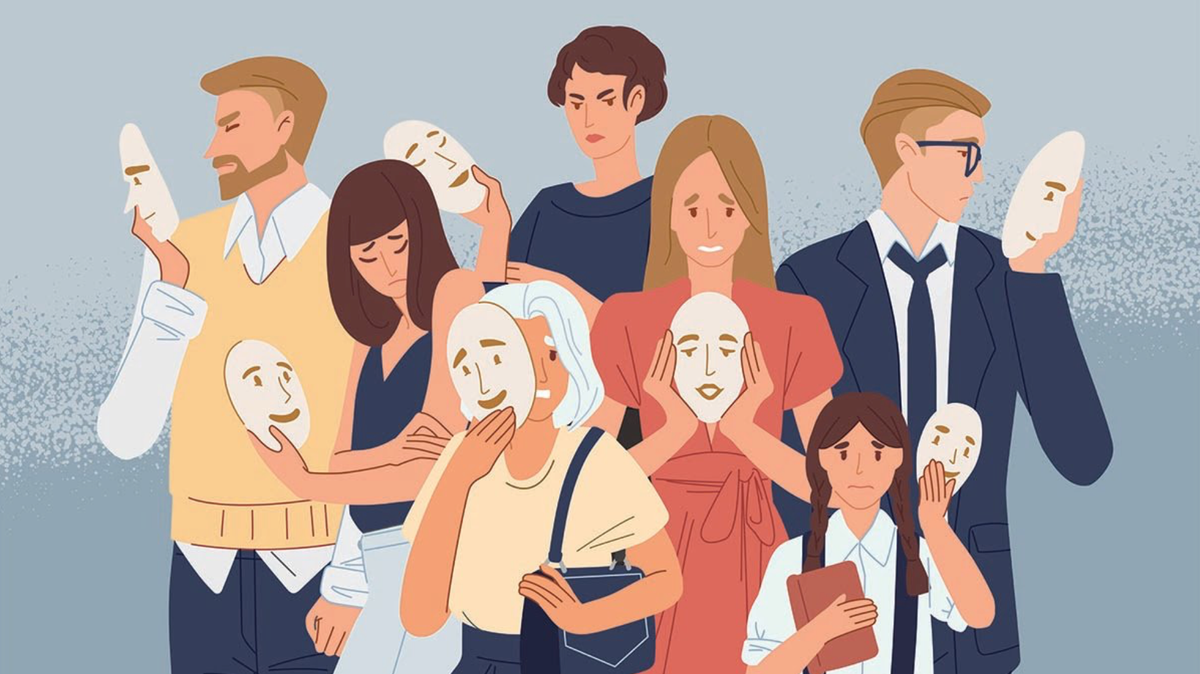Can people change?

Here's something to chew on over the weekend. Can we change who we are? Sure, we can change our hair colour, our jobs, where we live, our friends. These are all fairly easy things to do. But can we change how we are in the world, how we react to others, and how we are in ourselves?
Yes, but not as we know it 🤔
From a biological point of view, absolutely, says science. Our cells are dying and new ones are replacing them all the time. Red blood cells last about four months, skin cells two or three weeks, colon cells every four days and sperm cells, they're outta here in 72 hours. Brain cells however, it's a different story. Some last our entire lifetime, whereas others are never replaced.
If the brain is so slow to replace itself, does that mean we are too?
All aboard the change train 🚄
From a cellular point of view, our brains may appear pretty pedestrian when it comes to change. But from a behaviour point of view, that's where things get interesting.
Our brains have something scientists call "neuroplasticity", which basically means our brains are extraordinarily capable of changing our behaviour. Previously researchers believed the brain was fixed in place once people had made it to adulthood. However, there is now overwhelming evidence suggesting the opposite is true.
Our brain's flexibility helps people recover from a stroke, injury, birth abnormalities, ADD and ADHD, learning disabilities, pull out of depression and addictions, and reverse obsessive-compulsive patterns.
But says Norman Doidge, author of the book The Brain That Changes Itself: Stories of Personal Triumph from the Frontiers of Brain Science, while all these positive aspects of brain plasticity are true, so are the opposite. While the brain is capable of change for the better, it's just as capable of change for the worse.
Habits for the worse 😔
Lockdown has provided a perfect breeding ground for the struggle between building good habits and letting bad ones slip in. I, for example, have stopped exercising (bad habit), but I also spend more time writing (good habit). I'm eating more (bad habit), but I'm also spending more time cooking foods I never have (good habit).
Others I've spoken to have found managing their mental health harder, maintaining regular sleeping times tougher, and drink more. While these may feel like temporary changes, left unchecked they can become ingrained pillars of our identity.
The message here is that change is entirely possible, and, I'd argue, inevitable. What is up for grabs is what type of change you want to encourage, and what you'd prefer to leave behind.
Can I change in 21 days? 😅
The short answer is no. The idea that three weeks was all it took to make a new you came from a military study that found if you made someone do a physical activity every day for 21 days, they'd remember it. Which is great for learning to fire a gun, but terrible when it comes to managing more nuanced aspects of our selves.
Change, according to Dr. Michael Merzenich, author of Soft-Wired: How the new science of brain plasticity can change your life, only happens when your brain is in the mood for it. When it's engaged, and focused it releases neurochemicals that help make forging new, or deepening existing neural pathways easier. When it's distracted, or doing something that requires no effort, it switches off.
These two states wax and wane throughout the day, the week and your entire life. So to go back to the original question of can people change? Yes, but only if they're willing to accept our brain's terms.
Ok, where can I learn more? 📚
- Dr Michael Merzenich's book on brain plasticity is well worth a read.
- Norman Doidge's work on our brains changing for good is perfect for pulling you out of a behaviour change funk.
- Here's what happens to our brains when we experience trauma.





